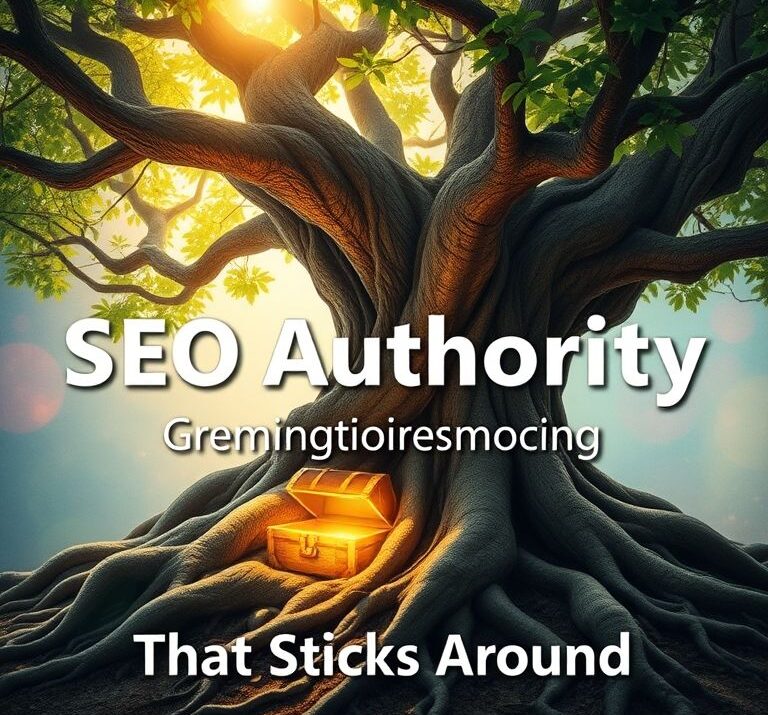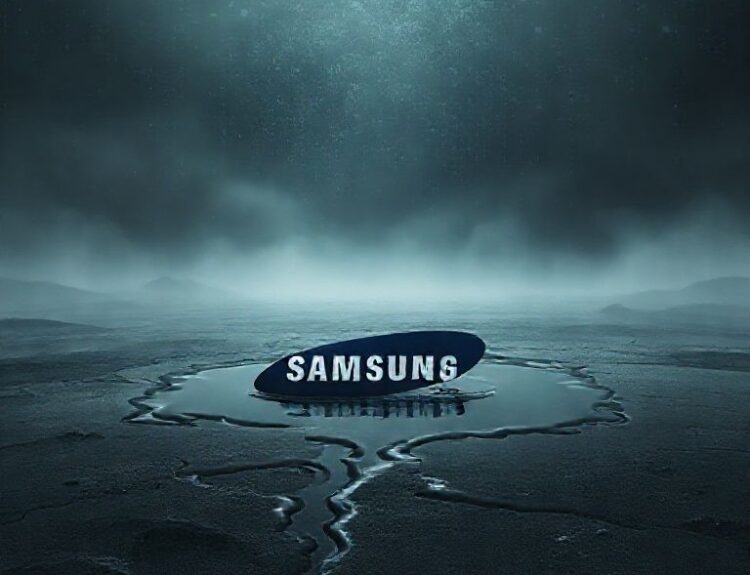Hey everyone, stumbled upon something pretty interesting over at Search Engine Journal that I had to share. It’s all about how to build SEO campaigns that don’t just give you a quick boost and then fizzle out. We all know that feeling, right? You put in the work, see some initial gains, and then… crickets.
This article, “How to Turn Every Campaign Into Lasting SEO Authority [Webinar]” by @sejournal and @hethr_campbell, dives into the power of digital PR strategies to win links, brand mentions, and, most importantly, lasting authority. And let’s be honest, that’s the gold standard we’re all chasing in SEO.
We all know link building is vital, right? I read a report from Ahrefs that found that 90.63% of pages get no organic search traffic from Google, which really tells you how important it is to stand out and build your authority. Backlinks are a strong indicator of authority.
The piece emphasizes crafting campaigns that are inherently newsworthy. Think about it: journalists are constantly looking for interesting stories. If you can create content that genuinely grabs their attention and provides value to their audience, you’re far more likely to earn those valuable backlinks and brand mentions.
One key point that resonated with me is the importance of thinking beyond just “keywords.” While keyword research is, of course, essential, it’s just one part of the equation. A well-crafted digital PR campaign focuses on creating content that answers real questions, solves real problems, or offers unique insights. This kind of content naturally attracts attention and builds trust. For example, according to research from Semrush, long-form content (over 3,000 words) gets 3x more traffic than shorter articles. It’s about deep-diving to create something truly valuable.
Building relationships with journalists and influencers is also super important. Start by researching writers in your industry, engage with their content, and then when you launch a new campaign, reach out with a personalised email showing that you’ve done your homework.
This article made me think about how many campaigns end up being one-offs. A quick spike in traffic, maybe a few backlinks, and then…nothing. But if we can consistently create campaigns that resonate with audiences and earn coverage, we can build a real, lasting authority for our brands.
Here are my 5 Key Takeaways from the article:
- Think News, Not Just Keywords: Focus on creating inherently newsworthy content that journalists will want to cover.
- Provide Real Value: Create content that answers questions, solves problems, or offers unique insights.
- Build Relationships: Connect with journalists and influencers in your industry.
- Track Brand Mentions: Monitor your brand mentions, both linked and unlinked, to identify opportunities for link building and relationship building.
- Don’t Be Afraid to Go Long-Form: Longer, in-depth content has a better chance of attracting attention and earning backlinks, use 3000+ words.
Definitely check out the original article on Search Engine Journal for more details. I think it’s a really valuable perspective on how to build real, lasting SEO authority.
FAQ
1. What is SEO authority?
SEO authority is the measure of a website’s credibility and trustworthiness in the eyes of search engines like Google. It’s built over time by consistently providing high-quality, relevant content, earning backlinks from other reputable websites, and demonstrating expertise in your niche.
2. Why is SEO authority important?
SEO authority is crucial because it directly impacts your website’s ranking in search results. The higher your authority, the more likely you are to rank for relevant keywords and attract organic traffic.
3. What is digital PR?
Digital PR is the practice of building relationships with journalists, bloggers, and other influencers to earn media coverage and brand mentions online. It’s a powerful way to increase brand awareness, drive traffic to your website, and build SEO authority.
4. How can digital PR help with SEO?
Digital PR generates backlinks from high-authority websites, which are a key ranking factor for search engines. It also increases brand mentions, which can improve brand visibility and recognition.
5. What are some examples of newsworthy content?
Newsworthy content can include original research, data-driven reports, expert opinions, thought-provoking commentary, or coverage of trending topics. The key is to create content that provides value to journalists and their audiences.
6. How do I find journalists in my industry?
Use tools like Cision, Meltwater, or BuzzSumo to search for journalists and bloggers who cover your industry. You can also use social media platforms like Twitter and LinkedIn to identify relevant writers.
7. How do I pitch my content to journalists?
Start by researching the journalist’s work and understanding their interests. Craft a personalized pitch that highlights the value of your content and explains why it would be relevant to their audience. Keep your pitch concise and easy to read.
8. What is a backlink?
A backlink is a link from another website to your website. Backlinks are a strong signal to search engines that your website is trustworthy and authoritative.
9. How do I track my brand mentions?
Use tools like Google Alerts, Mention, or Brand24 to track your brand mentions online. This will allow you to identify opportunities for link building and relationship building.
10. How long does it take to build SEO authority?
Building SEO authority is a long-term process that can take months or even years. It requires consistent effort, high-quality content, and effective digital PR strategies.






